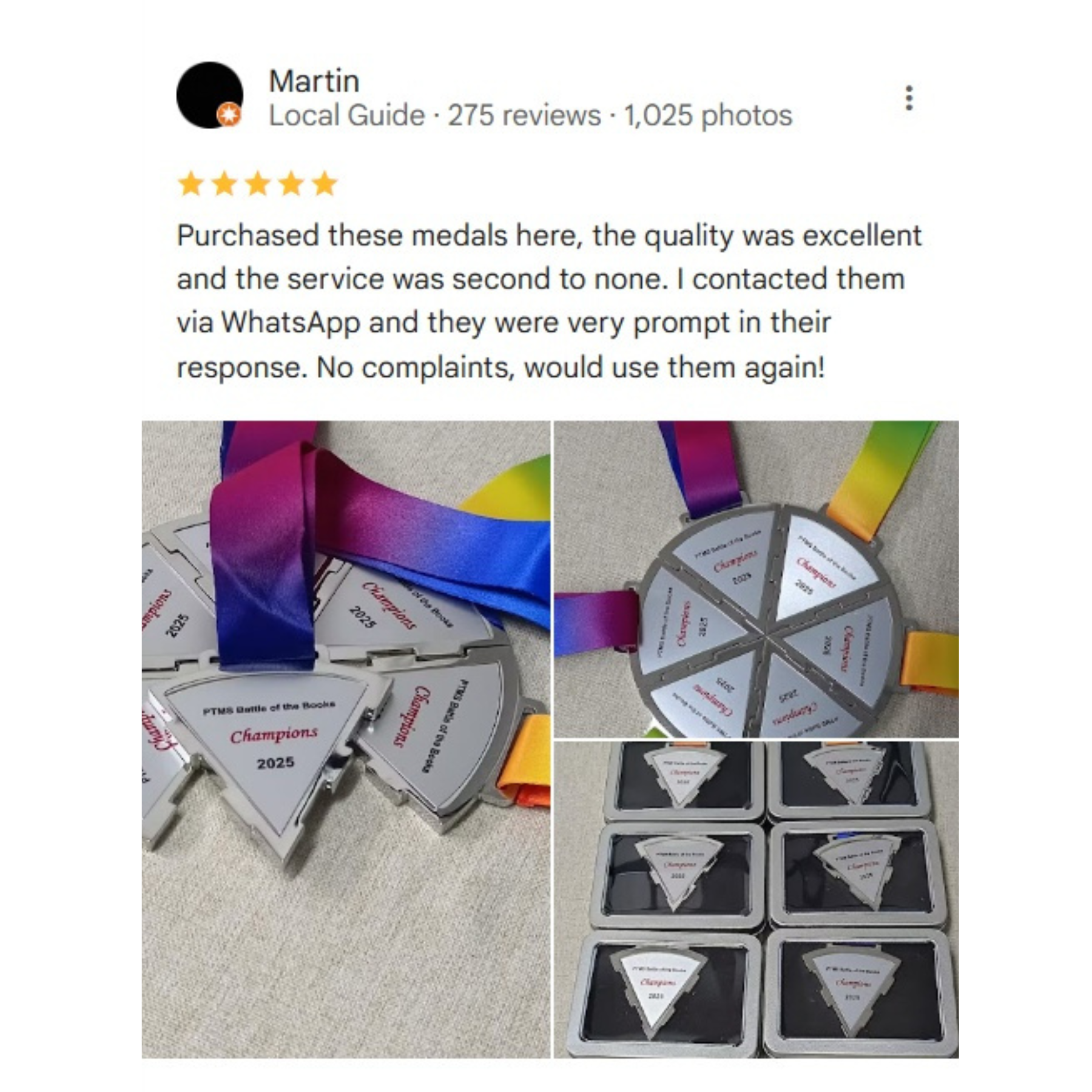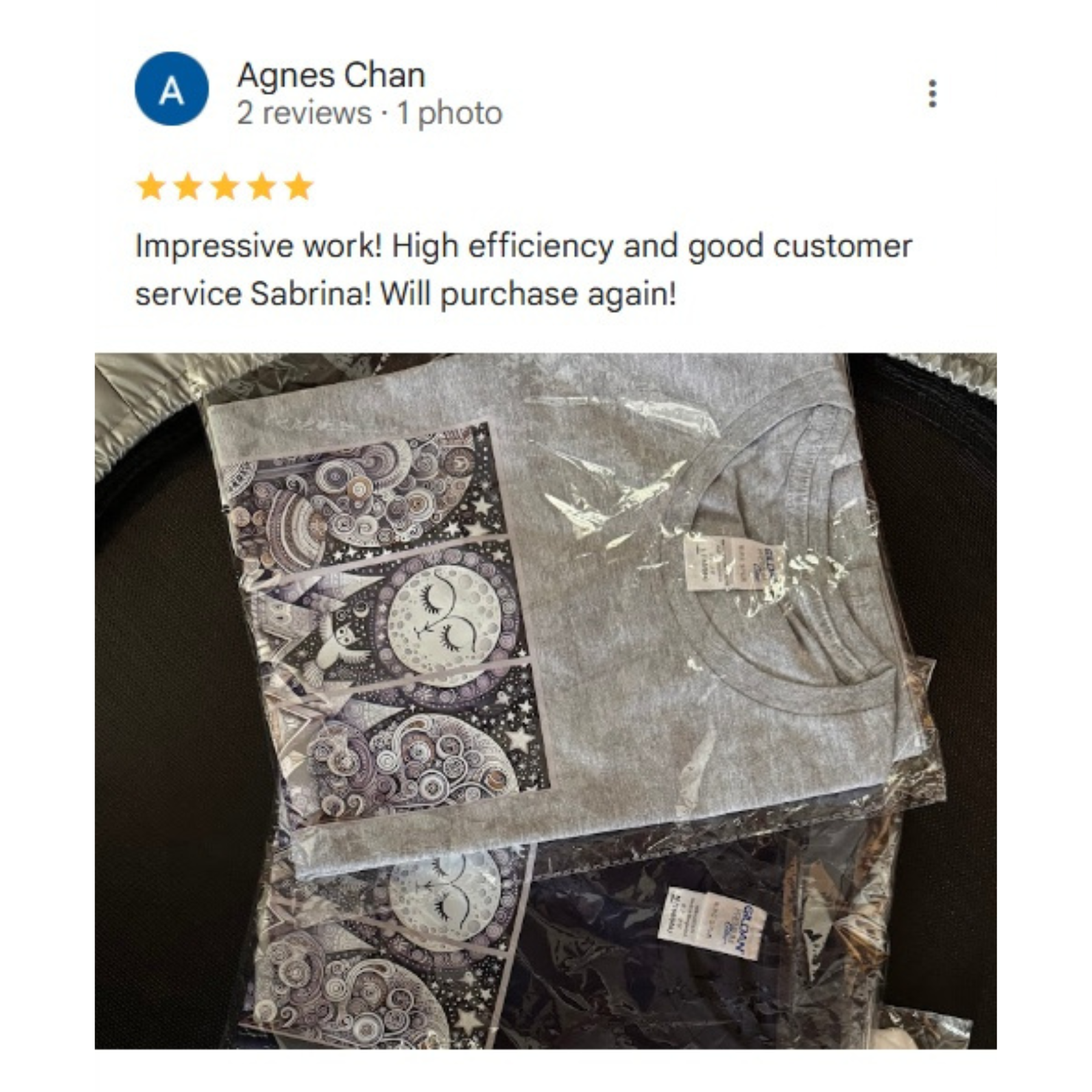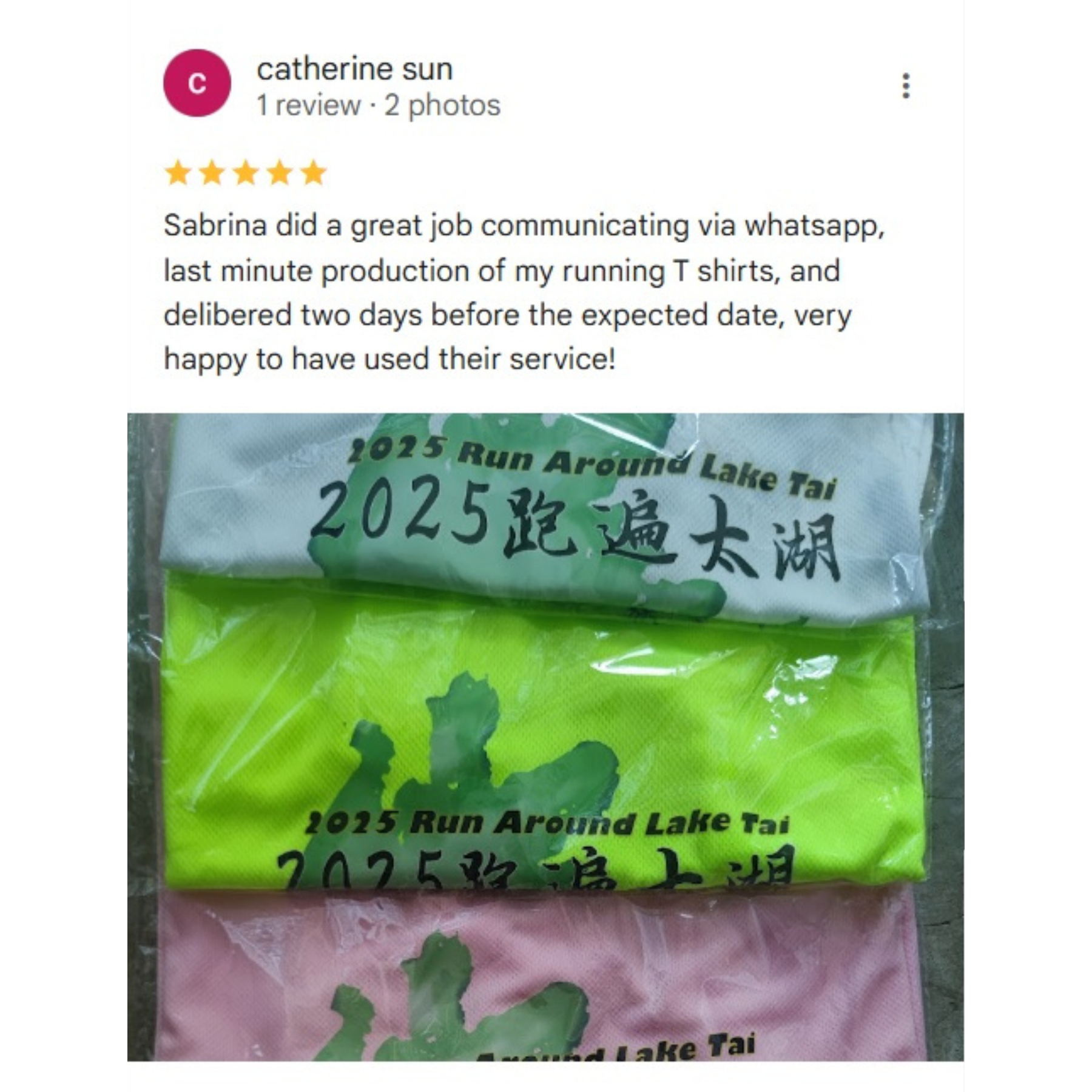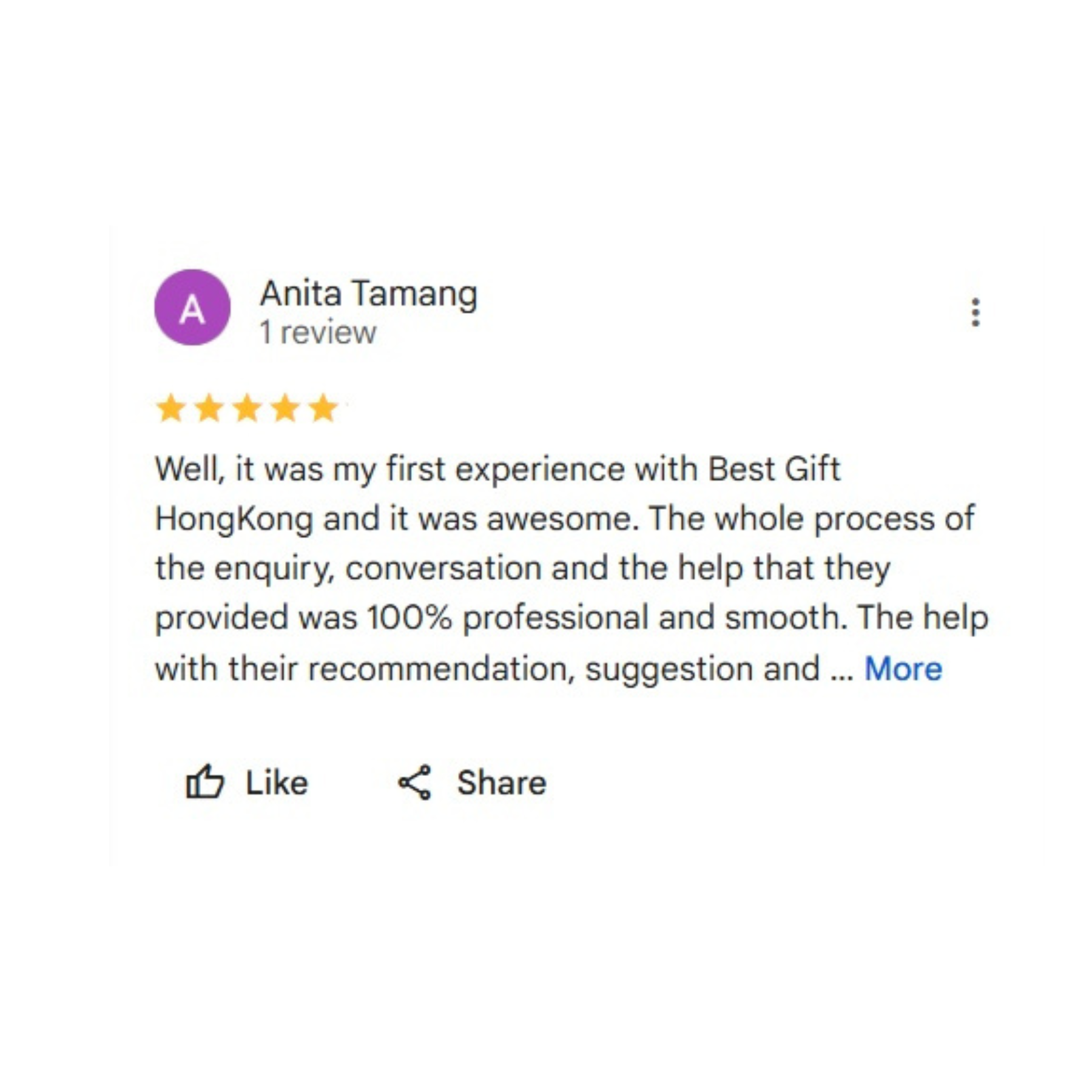Employee engagement strategies are a crucial driver of success in the modern workplace. Companies can boost engagement by implementing various employee engagement strategies, such as fostering a culture of recognition through employee appreciation gifts.
According to Gallup, only 21% of employees globally are truly engaged at work. In contrast, engagement levels in Hong Kong range from 56% to 71%, based on research by Culture Amp and Qualtrics. However, the Employee Net Promoter Score (eNPS) in Hong Kong stands at only +11, indicating relatively low employee loyalty.
In this article, bestgift.com.hk explores five proven strategies to increase employee engagement, from recognition and onboarding to measuring impact. The article also highlights how corporate gifting can support a positive workplace culture that values and celebrates employee contributions.
Understanding Employee Engagement
Employee engagement refers to the emotional connection and commitment an employee has toward their job and organization. According to Gallup, engagement reflects how meaningful employees find their work, the level of support they receive, and the opportunities they have to grow. Implementing the right employee engagement strategies is essential for nurturing this emotional investment and ensuring sustained performance.
It is important to distinguish between employee engagement and job satisfaction. A satisfied employee may feel comfortable but is not necessarily actively contributing. In contrast, engaged employees demonstrate enthusiasm, productivity, and a drive to perform at their best. This distinction highlights the need for thoughtful employee engagement strategies that foster meaningful connection and proactive contribution.
Proven Employee Engagement Strategies
To improve employee engagement holistically, companies must implement well-rounded employee engagement strategies that address all aspects of the employee experience. From onboarding to ongoing recognition, every interaction presents an opportunity to strengthen the relationship between employees and their organization.
The following are practical and impactful employee engagement strategies that companies can apply across various settings:
1. Build a Culture of Recognition and Rewards
Creating a culture of appreciation is a key foundation for a positive work environment. Employees who feel valued for their contributions are more motivated, loyal, and proactive. Recognition doesn’t have to be grand; simple gestures like a thank-you note, a certificate, or a team shout-out can make a meaningful impact. This falls under the broader umbrella of employee rewards and recognition, a crucial element in fostering sustained engagement.
Ideas for Employee Appreciation Day
One effective way to embed this culture is through gifting programs—such as employee-of-the-month boxes or milestone achievement rewards. These can be tailored to employee preferences and special occasions like work anniversaries, performance targets, or unique contributions. With the help of corporate gifting services like bestgift.com.hk, companies can create memorable and thoughtful recognition moments that amplify their employee rewards and recognition efforts.
2. Enhance Onboarding with Inspiring Welcome Kits
Onboarding is a pivotal moment that shapes how new hires perceive the company. A thoughtful onboarding process accelerates adaptation and leaves a lasting first impression. One effective way to elevate the experience is through personalized welcome kits.
These kits often include office supplies like notebooks, pens, branded water bottles, and exclusive company merchandise, along with a welcome letter from leadership. They not only symbolize a warm reception but also communicate that the new employee is valued and expected to contribute meaningfully. With support from gift providers like bestgift.com.hk, companies can customize kits to reflect their culture and values.

3. Encourage Participation Through Volunteering and CSR
Today’s employees, especially millennials and Gen Z, seek purpose beyond just a paycheck. They want to work for companies that care about social issues and offer opportunities for meaningful contribution. Volunteer programs and corporate social responsibility (CSR) initiatives are powerful tools and can be integrated into effective employee engagement strategies.
Companies can allocate paid volunteer time, support social campaigns, or organize community projects. To further motivate participation, organizations can reward active employees with certificates, branded merchandise, or themed gift boxes from bestgift.com.hk that align with the cause they support.
4. Implement Two-Way Feedback Systems
Open and supportive communication between employees and management is a critical element of engagement. A two-way feedback system empowers employees to express opinions, offer suggestions, and raise concerns openly, helping them feel heard and valued.
Organizations can adopt various feedback channels, including regular surveys, one-on-one check-ins, or anonymous suggestion boxes. However, the key lies in acting on the feedback received. When employees see that their input leads to real change, trust and engagement naturally increase. Companies can also recognize employees who actively contribute ideas through meaningful rewards or acknowledgments.
5. Create Personalized and Meaningful Work Experiences
Every employee has different preferences, needs, and motivations. By understanding these differences, companies can craft more personalized work experiences that drive deeper engagement and align with practical employee motivation ideas. For instance, offering flexible work arrangements for remote-ready employees or designing training programs tailored to individual interests and career goals.
In addition, companies can seize key moments like promotions, birthdays, or personal achievements to show appreciation. Customized gifts such as specialty kits or hobby-themed merchandise can reinforce a sense of belonging and loyalty. In this regard, bestgift.com.hk offers a variety of personalized gifting options that align with company culture and employee identity.
Why Employee Engagement Matters
High levels of employee engagement have a direct impact on organizational performance. Studies show that companies with strong engagement see up to 17% higher productivity, 51% lower turnover, and 23% greater profitability. These outcomes significantly contribute to overall employee satisfaction improvement, reinforcing the importance of prioritizing engagement as a business goal.
Engaged employees are also less likely to be absent and often become positive ambassadors for the company’s brand. In the long run, building engagement is not just an HR initiative but a sustainable business strategy.
Measuring Employee Engagement
Once employee engagement strategies are implemented, it's essential to measure their effectiveness. One of the most popular methods is the Employee Net Promoter Score (eNPS), which gauges how likely employees are to recommend their workplace to others. In Hong Kong, the average eNPS stands at +11 relatively low compared to the ideal range of +30 to +50.
Other effective tools include periodic engagement surveys, pulse surveys, exit interviews, and behavior metrics such as absenteeism, turnover, or productivity trends. Consistent and routine measurement helps organizations identify areas for improvement and adjust engagement strategies accordingly.
Foster a Culture of Appreciation
Improving employee engagement is not a one-time effort, it requires an ongoing strategy, consistent evaluation, and long-term commitment. By taking a holistic approach from recognition and inspiring onboarding to volunteering initiatives, companies can foster a more positive, collaborative, and meaningful work environment.
Corporate Gifting can serve as a powerful tool to reinforce these efforts. With relevant and personalized gifts, bestgift.com.hk can be your partner in driving engagement and creating memorable moments at every stage of the employee journey.























